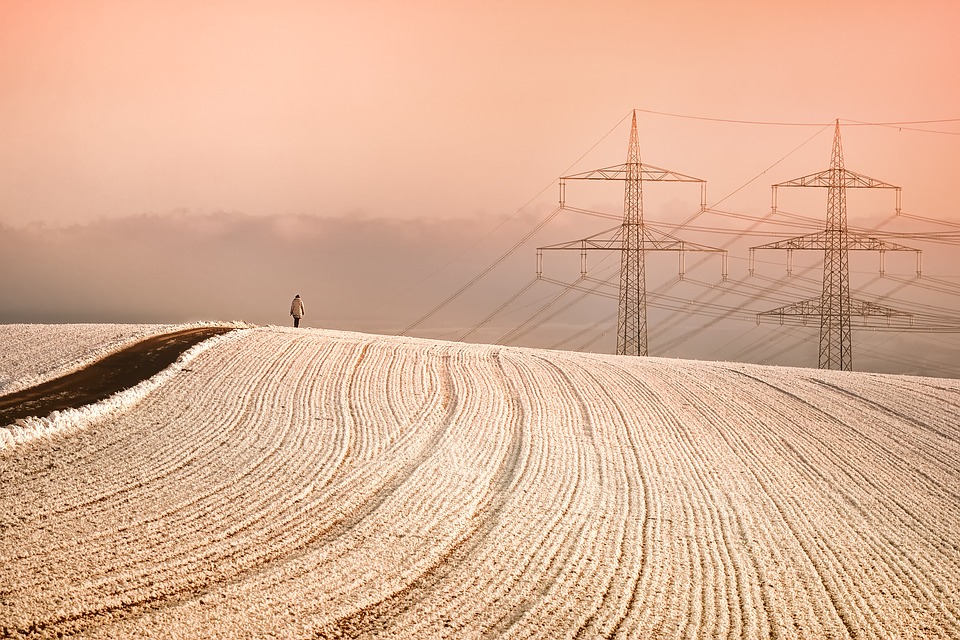Britain’s Winter Energy Crisis Is About To Get Worse
Recently, prices have been rising across many areas due to Covid-19 and Brexit, but the one we’re likely going to notice most this winter are our energy bills. This won’t just affect household budgets but business budgets too with added pain of political repercussions.
Dramatic increases in UK and European wholesale power prices are hiking up the cost of energy for consumers with the expectation of this increasing during the coming winter months when demand rises. The British Media has already started warning of a rise in fuel poverty.
Addressing this won’t make the Government’s next task; UK hosting the United Nations COP26 climate summit, any easier. Where the Government will explain how Britain will pay for the transition to net zero.
Price Surge
UK electricity prices reached £277 per megawatt hour on September 8th. This was a 560% increase compared with a year ago.
By 2025 these prices are set to go up by another 55% and will continue to rise until 2040.
Many businesses are protecting their future by investing into alternative power delivery systems such as Combined Heat and Power (CHP) Systems.
The benefits of CHPs when compared to importing electricity and using boilers to generate heat, include:
- Savings on total energy costs for users
- Improved fuel use efficiency
- Reduced emissions
- Independence and security of power supply
- Exemption from the Climate Change Levy for energy costs
The Government is committed to increasing the UK’s CHP capacity and it forms a key element of its strategy to reduce the country greenhouse gas emissions. It is predicted that further legislation and incentives will be introduced soon to encourage the use of CHP.
The price of gas, carbon and coal (the fossil fuels used to set prices) have all risen significantly. Wind output has dropped whilst Russian gas flowing into Europe has been lower than expected. Weather extremes have meant higher demand for both heating and cooling in Europe (and Asia).
There have been outages in nuclear and other facilities. The U.K. had also reduced its gas storage capacity, making it more vulnerable. Prices have risen all over Europe, too.
Brexit costs factor in here as the trading of energy through interconnectors — the physical network connecting Britain to the Continent — is more costly to manage. Carbon prices rose by almost 50% between April and September 2021, while gas prices have risen by almost 200% in that time. Especially if it’s a cold winter, prices are only going to rise further, and there are concerns about supply too. The U.K. relies heavily on gas for heating and electricity production and imports around half of its gas supply from Europe. Energy costs rose by around 80% to £747 pounds on an average consumer bill in August 2021, from £410 in 2020. Last month Ireland had to halt wind power exports to the U.K. and has warned of potential blackouts for the next 5 years.
In a normal market, prices would just rise to reflect higher input costs, which they are, but not enough to cover supplier costs. That’s because under the current Government, the Conservatives borrowed a Labour idea and backed a legally mandated price cap. Twice a year Ofgem sets the maximum price that can be charged on a standard variable rate. In August, it raised the price cap that applies from next month. But the cap increase is less than half the rise in energy costs suppliers are facing, so many companies are still forced to make a loss.
Balancing the imperatives of affordability and sustainability has never been easy, but the timing of this collision looks particularly awful.
The temptation will be to heap more costs on businesses that supply energy to consumers. Not only are these companies needed for innovation and investment in the sector, the pathway to net zero runs directly through their supply lines.








